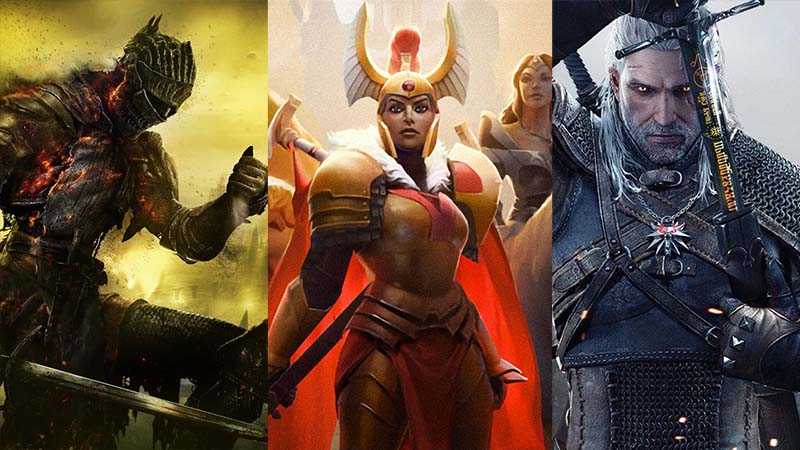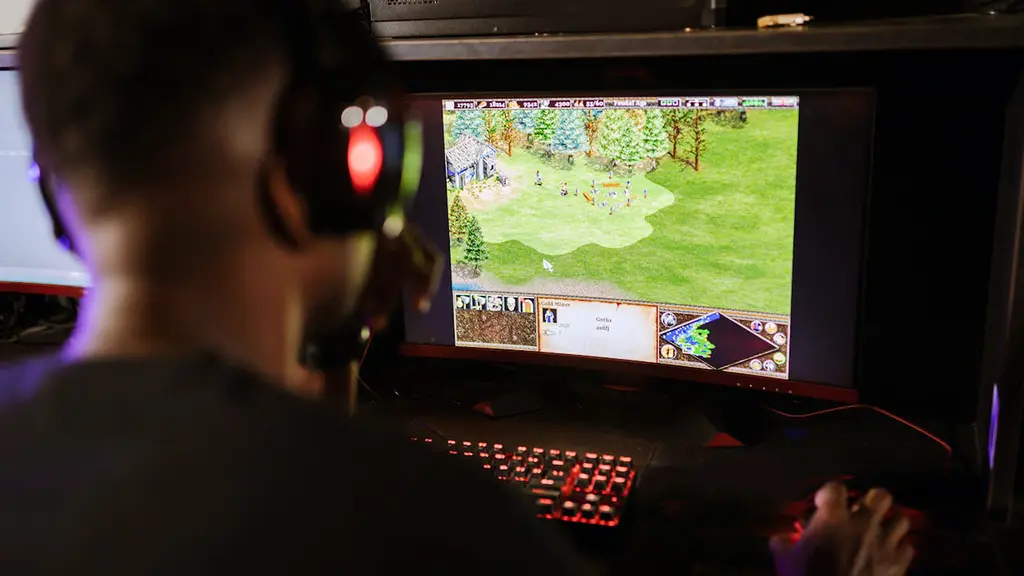The landscape of gaming—be it PC, consoles, or mobile—has undergone a monumental transformation. It has evolved from simple, pixelated games like Pong to complex universes that demand skill, strategy, and a bit of luck, like Fortnite. This evolution has changed not only how games are played but also how players around the world perceive them.
By integrating advanced mechanics, skill-based gameplay, and elements of probability, modern games offer a level of depth and engagement that was previously unimaginable. As we explore this evolution, it’s also intriguing to draw comparisons with the world of online gaming, where chance plays a significant role in the experience.

Advanced Mechanics Have Come A Long Way
The early days of PC gaming were characterized by straightforward gameplay, heavily limited by the technology of the time. However, as technology advanced, so did the complexity of games. Developers began to integrate more sophisticated mechanics, allowing for richer storytelling, more complex character development, and intricate worlds in which players could immerse themselves. This shift marked a move away from the simplicity of the past to engaging with games on a deeper level.
Adding of Skill-Based Gameplay to the Mix
Parallel to the development of advanced mechanics was the emergence of skill-based gameplay. This aspect of gaming emphasizes player skill and strategy over random chance. It rewards players for mastering game mechanics, understanding strategic elements, and improving through practice. Skill-based gameplay has become a hallmark of competitive gaming and esports, where precision, strategic planning, anticipating opponents’ moves, adapting strategies in real-time, and, of course, quick reflexes can make the difference between victory and defeat.
Probability Adds Thrill
Despite the emphasis on skill and strategy, the element of probability remains an important aspect of PC gaming. Many games incorporate random elements—such as loot drops, critical hits, or random events—that can significantly affect the outcome of a game. This uncertainty adds an exciting layer of unpredictability, keeping players engaged and on their toes.
The integration of probability is where PC gaming draws a fascinating parallel with online gaming apps. In both arenas, the chance element adds a level of excitement and unpredictability that skill alone cannot provide. It’s the thrill of not knowing what will happen next that keeps players coming back for more. Whether it’s the roll of a dice, the draw of a card, the spawn of a rare monster, or the actions of another player in a multiplayer setting. The random elements in these games make the experience unique and thrilling.
Fusion of the Elements
A blend of the above-mentioned elements ensures that players are not only challenged by individual aspects of the game but rather get a comprehensive experience.
Here are three modern games that serve as stand-out examples of masterful integration of advanced mechanics, skill-based gameplay, and elements of probability:
Dark Souls Series
Renowned for its challenging gameplay, the Dark Souls series demands precise timing and strategy from its players. It combines advanced combat mechanics and intricate world-building with a significant emphasis on player skill. The unpredictable nature of item drops and player invasions makes every encounter and exploration venture unique.
Dota 2
Dubbed “A Modern Multiplayer Masterpiece”, Dota 2 is a testament to the depth achievable in PC games, requiring players to master numerous heroes and strategies. It’s a game where skill and team coordination are paramount, and the introduction of random item drops injects an element of chance, challenging players to adapt their tactics on the fly. This blend of mechanics ensures a constantly evolving battlefield that rewards skill, strategic planning, and adaptability.
The Witcher 3: Wild Hunt
The Witcher 3 combines a deeply narrative-driven experience with challenging combat and a richly detailed world. Player choice and skill are crucial, impacting both story and combat outcomes. The game’s use of probability in loot drops and quest outcomes adds an unpredictable element, ensuring that each player’s journey through its vast open world is unique.
In Conclusion
The evolution of PC gaming has been a journey of technological advancements, increasing complexity, and a deeper understanding of what drives player engagement. By integrating advanced mechanics, skill-based gameplay, and elements of probability, games have become more immersive, challenging, and thrilling than ever before. Drawing parallels with online gaming, it’s clear that the blend of skill, strategy, and chance is a winning formula for captivating audiences worldwide. As we look to the future, it’s exciting to imagine how these elements will continue to evolve and shape the next generation of PC gaming.







